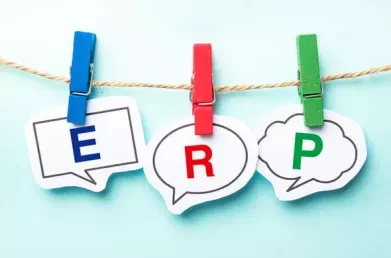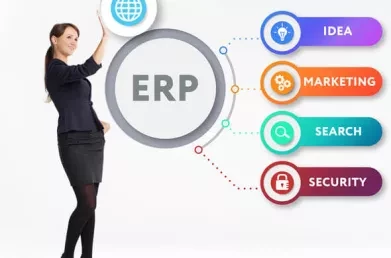Contract Negotiation in ERP Projects
You have analysed the proposed licence and support costs, the number of implementation days and the consulting rates and feel confident that you can drive down cost and do a much better deal. You are doing everything right when it comes to contract negotiation, aren’t you? Well, yes and no.
So, having worked through a fairly rigorous Enterprise Resource Planning (ERP) selection process, you have now identified a preferred vendor and are ready to go to war on price. You have analysed the proposed licence and support costs, the number of implementation days and the consulting rates and feel confident that you can drive down cost and do a much better deal. You are doing everything right when it comes to contract negotiation, aren’t you?

Well, yes and no. Of course, it is right to focus on the proposed costs – there is almost always scope for reduction. However, this focus needs to be in the right areas. Licence and support costs, consulting rates and expenses are all valid targets for discount. However, many organisations also push back on vendors to reduce the number of implementation days in their proposals – which unless done very carefully is almost always a mistake.
When this happens, the vendor will tend to reduce effort in parts of the project that will not directly impact on their ability to get the new system live. Examples include training, report development or post-go-live support. Any cost reduction gained in these areas is usually illusory, because the same money or more will need to be spent after the project to close the gaps that inevitably result.
Focusing exclusively on initial contract cost is also a big mistake. Many organisations spend huge time and effort on trying to get reductions so that the cost of the contract is under a predefined budget. However, what is often not realised is that the contract cost is usually subject to conditions or assumptions defined in the associated programme of work. The most common such condition is that the costs reflect the vendor’s current understanding of the scope of the project, and that they are subject to revision during the project if (or more typically, when!) the scope changes.

All of the work involved in agreeing the initial contract price can come to nought if the final project cost escalates as a result of such assumptions. The most vital part of the preparation for contract negotiation is the review of the work programme and associated conditions. This needs to be done methodically and ideally by someone who has ERP implementation experience. Unfortunately, in the heat of the battle to hammer out a deal, it is often neglected or even ignored. The consequences are all too familiar…
Check out our latest blog on Solid contracts are a foundation of successful ERP projects.
This blog was written by Sean Jackson, Principal Consultant at Lumenia. If you would like further information on ERP Contract Negotiation please send an e-mail to Sean Jackson.


